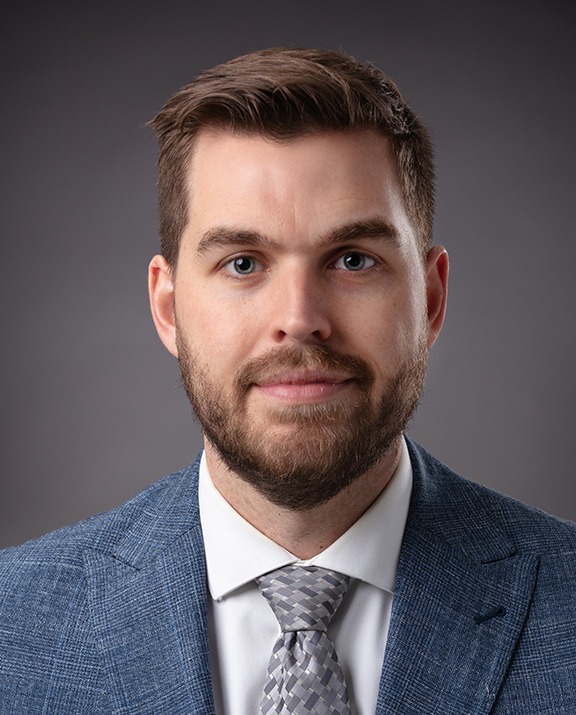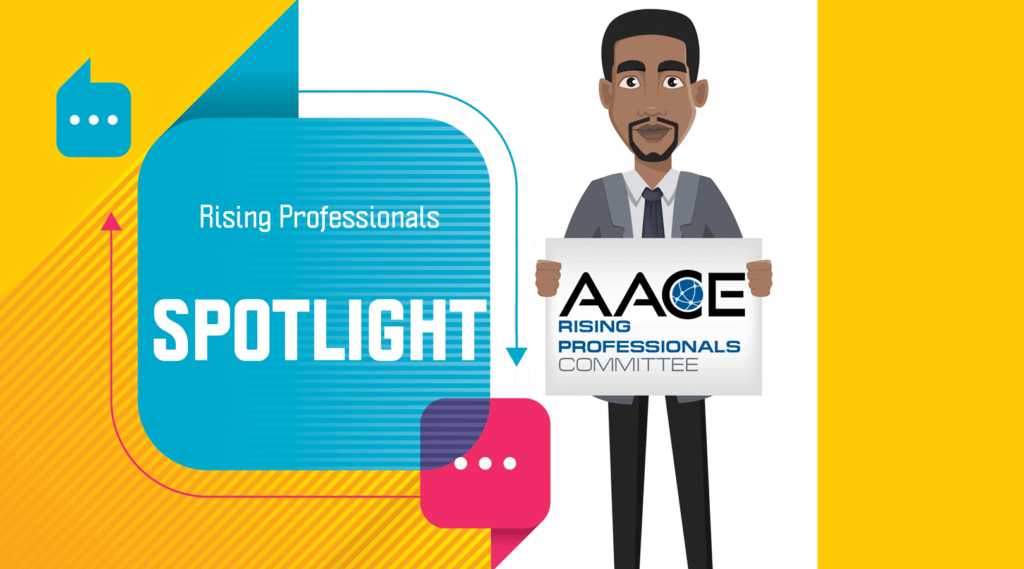Spotlight on Alex McBride

Alex McBride is a construction litigation consultant and senior manager for Wipfli LLP based in Minneapolis, Minnesota. He has ten years of consulting experience primarily associated with forensic delay and damages analyses and project controls. He has testified in arbitration, prepared expert analyses and reports, assisted with mediations, attended dispute review boards, and consulted on best practices for construction scheduling.
Alex was born in Omaha, Nebraska, with pitstops in Iowa, Illinois, and Spain before moving to Minneapolis to start his career in construction consulting. He received his degree from Iowa State University (go Cyclones!) in construction engineering with minors in Spanish and business. His internships included experience in post-construction, commissioning, and project management for Kiewit Building Group and Pepper Construction.
As part of Alex’s experience with Pepper Construction, he had his first introduction to the owner’s representative who were active in the day-to-day construction process. This experience helped him realize there was more diversity in construction careers than he had previously understood, which resulted in him broadening his search for potential careers after college.
Alex was hired by the Kenrich Group, now HKA, in 2012 as a staff consultant working in construction litigation. This opportunity — coupled with an affinity for construction estimating, scheduling, and monitoring — helped him develop a deep understanding of the breadth and depth of construction projects and the various ways in which they can be impacted. Since graduation, Alex has been certified as a Professional Engineer, AACE Planning and Scheduling Professional (PSP), and LEED AP BD+C.
Early on in his career, Alex began working extensively in Primavera P6, as well as other scheduling software. He quickly found that he enjoyed the complexity of manipulating and maneuvering project schedules as part of forensic delay analysis. While understanding the “critical path” is key to a project schedule, knowing how to identify errors and omissions and understanding why delays happen in project schedules was a skill that required an investigative mind, which is a skill Alex has enjoyed developing greatly.
Beyond learning the technical functionalities of scheduling software, Alex sharpened his ability to communicate delay analysis in a clear and straightforward manner. As part of his day-to-day role, he continues to analyze projects schedules for risks and delays for projects that are in preconstruction, underway, or retrospectively. He finds analyzing construction schedules interesting because it combines the objective nature of scheduling best practices with the subjective nature of each schedule being unique.
Alex has used his understanding of forensic schedule analysis in conjunction with cost analysis to analyze how, where, and when cost overruns occur. Whether it relates to loss of productivity, re-sequencing, or scope growth, he enjoys finding and explaining the interrelationships with time and money to resolve disputes. Similar to scheduling, Alex enjoys diving into construction cost reports and using creativity to identify the trends and issues that may not be visible on the surface level. He has found that his clients can frequently tell the stories about how they were impacted but struggle to support the quantification. He enjoys using his construction and project controls background to combine the qualitative and quantitative side of a dispute together in a way that someone outside of the construction industry can understand.
Alex has relied on AACE International since he started his career because its resources are considered the gold standard for selecting methodologies and putting them into practice during construction disputes. After years of discussing theory with peers and colleagues, he relished an opportunity to begin contributing himself. Alex believes that by being proactively involved in AACE, he’ll be able to stay abreast of current trends and new skills, which he believes is very important in an industry facing as much upheaval and change as the construction industry.
Beyond using AACE resources that are directly related to his daily work, Alex has found that the professionals involved seem to foster a genuine spirit of learning and development that creates new generations of leaders and thinkers to solve our biggest problems and face down our most daunting projects.
Alex’s advice to the next generation is to balance being a specialist with a generalist. There is a demand for professionals with a broad understanding of industries, but you really add value to a team when you have deep and thorough knowledge in certain key areas. For Alex, understanding and communicating broadly about how projects are financed, designed, developed, built, and used across the board has opened the door for him to work on a wide variety of projects across the globe, but having expertise in project controls and forensic analysis has been the in-demand skill once he has started a new opportunity — both are necessary and equal parts of a well-rounded professional.
Rate this post
Click on a star to rate it!
Average rating 5 / 5. Vote count: 7
No votes so far! Be the first to rate this post.


I’m glad to know about AACE is a way to support the professional excellence.